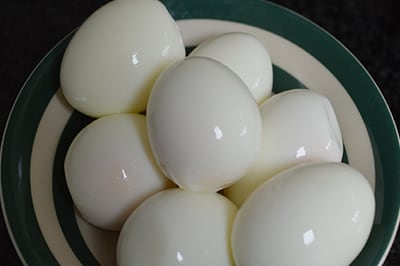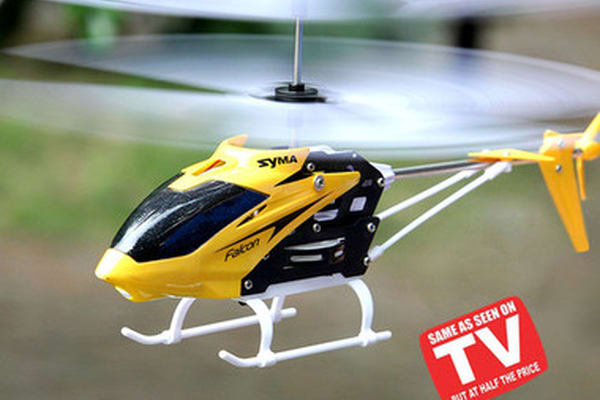On weekends, the premises of Tamil College in Perur comes alive to the beats of the traditional music instrument, Parai. At the helm of affairs is
V Sakthi, founder of
Nimirvu Kalaiyagam, a group formed in 2011 by a bunch of youngsters, who have come together for a single cause- promote
parai and parai attam. Wearing black T shirt, blue jeans, red shoes and anklets, Sakthi teaches Parai -Bharatham to his students with gusto.
"The costume is a statement of revolution and an attempt to strike a chord with youngsters," begins Sakthi. "By playing Parai to the steps of Bharatanatyam, we are trying to break the caste barriers and lay emphasis on the fact that art should not be discriminated. Why have we brought music and dance form in the caste-fold? When we proudly talk about
Bharatanatyam as Tamil Nadu's traditional dance form, why can't we talk about Parai with the same admiration? "
"In Parai Bharatham, we either play parai to the jathis of Bharatanatyam or we perform the dance steps to the tunes of parai. When I introduced the new format, there was a flurry of criticism from everyone and questions were raised about the sanctity of Bharatanatyam. Why is Parai marginalized here? Shouldn't all art forms be treated with the same respect? And, it's not only Bharatantayam, we are experimenting with. We are also teaching Parai- Hip hop, Parai western dance, Parai with oyilattam and karagattam. In fact, we have also performed Michael Jackson's popular moonwalk to the beats of Parai. We want to make Parai relevant to the young audience."
Despite all the experiments with parai, Sakthi says that sanctity of the instrument is maintained. "We do not perform at caste gatherings, funerals or events where alcohol is served. Parai is a clarion call for revolution. Before I begin my classes, I always take a pledge from my students that the instrument will never be disgraced or disrespected," he says.
Sakthi's tryst with parai began as a child, but after the formation of Nimirvu, his sole mission is to take the importance of the traditional instrument across the world. "Parai has many takers internationally. I have been teaching Parai to students in the US, UK, Australia, France and Sri Lanka. Some of these students have even performed on stage in their respective countries."
He has begun his 'Parai Payanangal' and have been exploring different parts of the country and the world to learn more about the instrument. "The next big step is to take parai to our homes, he says. "Only when we start accepting an instrument at home, will the instrument be accepted by everyone. Even today, those who play the parai are looked down upon in our society and there is a lot of stigma attached to the instrument. There is a change, but it's gradual. Today, people from all sections of the society are coming forward to learn Parai. Musical Instruments are not only custodians of culture but also the voice of the people. "
Sakthi biggest concern is that parai artists have still not got their due from the government. "People who play the parai or Paraiattam have not got any patronage or recognition from the government. They need the respect that other musicians get."






